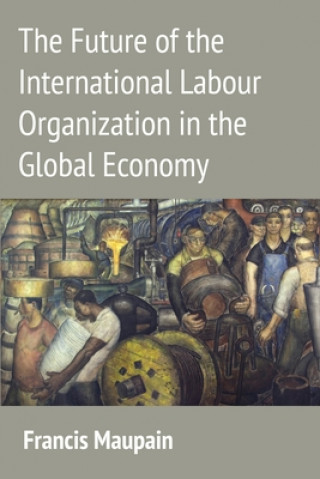
Code: 01358948
Future of the International Labour Organization in the Global Economy
by Francis Maupain
The International Labour Organization was created in 1919, as part of the Treaty of Versailles that ended the First World War, to reflect the belief that universal and lasting peace can be accomplished only if it is based on socia ... more
- Language:
 English
English - Binding: Hardback
- Number of pages: 320
Publisher: Bloomsbury Publishing, 2013
- More about this

You might also like
-

Eternity
52.56 € -

Microoptics
151.23 € -

Sacred Mysteries
20.51 € -4 % -

Cell 8
11.72 € -18 % -
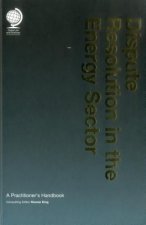
Dispute Resolution in the Energy Sector
191.98 € -4 % -

Lucid Awakenings
26.38 € -24 % -

Crossing the Line
16.67 € -10 % -

MESSAGE OF THE PRESIDENT OF THE UNITED S
14.85 € -1 % -

Plyš očka Monstaz neon orange přívěšek
2.92 € -26 % -

Sastun
4.54 € -19 % -

Deutsch-Stars - BOOKii-Ausgabe - 1. Schuljahr
11.51 € -

Geometrie mit dem Zirkel
14.55 € -14 % -

La médiation commerciale en France et en Allemagne - une comparaison
21.32 € -2 % -

Osnovy jeffektivnosti sistemy gosudarstvennogo upravleniya v Rossii
38.10 € -9 %
Give this book as a present today
- Order book and choose Gift Order.
- We will send you book gift voucher at once. You can give it out to anyone.
- Book will be send to donee, nothing more to care about.
More about Future of the International Labour Organization in the Global Economy
You get 351 loyalty points
 Book synopsis
Book synopsis
The International Labour Organization was created in 1919, as part of the Treaty of Versailles that ended the First World War, to reflect the belief that universal and lasting peace can be accomplished only if it is based on social justice. As the oldest organisation in the UN system, approaching its 100th anniversary in 2019, the ILO faces unprecedented strains and challenges. Since before the financial crisis, the global economy has tested the limits of a regulatory regime which was conceived in 1919. The organisation's founders only entrusted it with balancing social progress with the constraints of an interconnected open economy, but gambled almost entirely on tools of persuasion to ensure that this would happen. Whether that gamble is still capable of paying-off is the subject of this book, by a former ILO insider with an unrivalled knowledge of its work. The book forms part of a broader inquiry into the relevance of founding institutional principles to today's context, and strives to show that the bet made on persuasion may yet pay off. In part, the text argues that there may be little alternative anyway, showing that the pathways to more binding solutions are fraught with difficulty. It also shows the ILO's considerable future potential for promoting effective, universal regulations by extending its tools of persuasion in as yet insufficiently explored directions. Starting with an examination of how the organisation's institutional context differs from 93 years ago, the author goes on to evaluate the prospects of numerous proposals put forward today, including the trade/labour linkage, but going beyond this. As a case study in how strategic choices can be made under legal, social and institutional constraints, the book should be valuable not only to those with an interest in the ILO, but to anyone who studies international organisation, labour law, law and society or political economy.
 Book details
Book details
Book category Books in English Society & social sciences Politics & government International relations
140.42 €
- Full title: Future of the International Labour Organization in the Global Economy
- Author: Francis Maupain
- Language:
 English
English - Binding: Hardback
- Number of pages: 320
- EAN: 9781849465021
- ISBN: 1849465029
- ID: 01358948
- Publisher: Bloomsbury Publishing
- Weight: 656 g
- Dimensions: 163 × 241 × 24 mm
- Date of publishing: 23. October 2013
Trending among others
-

Prisoners of Geography
10.91 € -18 % -

World Order
11.31 € -23 % -
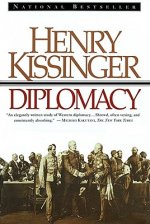
Diplomacy
16.37 € -26 % -

Political Order and Political Decay
15.26 € -22 % -

On Palestine
10.61 € -20 % -

Grand Chessboard
21.32 € -

Clash of Civilizations and the Remaking of World Order
16.77 € -17 % -

Lords of the Desert
9.59 € -22 % -

Who Rules the World?
11.21 € -24 % -

Adults In The Room
13.03 € -22 % -
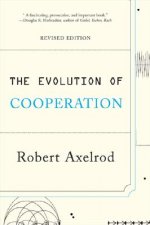
Evolution of Cooperation
20.11 € -

Righteous Victims
20.41 € -18 % -

Tragedy of Great Power Politics
21.52 € -8 % -

America's Secret War
14.75 € -14 % -

OVERTHROW : AMERICA'S CENTURY OF REGIME
20.31 € -25 % -
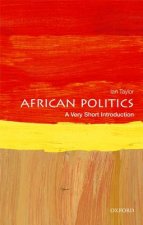
African Politics: A Very Short Introduction
9.29 € -28 % -

PostCapitalism
10.91 € -23 % -
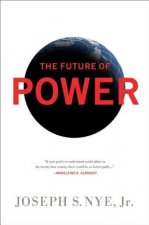
Future of Power
15.36 € -24 % -

Chasing the Flame
16.57 € -22 % -

Understanding International Relations
44.57 € -14 % -

Gideon's Spies
25.26 € -28 % -

Geopolitics and Geoculture
25.67 € -24 % -

Winter is Coming
21.02 € -8 % -

Governing the World
14.35 € -22 % -

Rethinking Fiscal Policy after the Crisis
145.47 € -

Writer, Sailor, Soldier, Spy
16.06 € -12 % -

Oxford Handbook of the Use of Force in International Law
69.34 € -

Enduring Alliance
35.58 € -

Science Diplomacy: New Day Or False Dawn?
115.85 € -

Chaos in the Liberal Order
24.96 € -24 % -

Experts' Guide to International Protocol
70.35 € -10 % -

Legacy of Ashes
17.88 € -15 % -
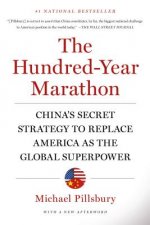
Hundred-Year Marathon
15.56 € -26 % -
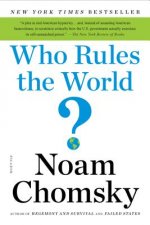
Who Rules the World?
14.14 € -

Dead Aid
16.67 € -8 % -
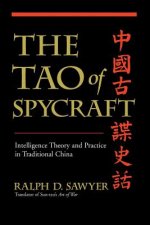
Tao Of Spycraft
36.39 € -

The Spy and the Traitor
10.81 € -24 % -
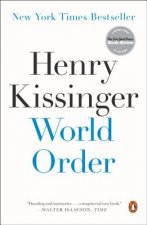
World Order
16.47 € -1 % -

Rise and Kill First
16.47 € -23 % -

Strategic Vision
14.75 € -27 % -

PEACE TO END ALL PEACE
20.72 € -23 % -

Naked Diplomat
13.33 € -28 % -

Planetary Cycles Mundane Astrology
19.30 € -

After the Empire
15.05 € -

Understanding the Intelligence Cycle
65.10 € -

My Nationalist Pony
30.32 € -1 % -

Revenge of Geography
18.39 € -20 % -

Countdown to Zero Day
16.87 € -16 % -

Oxford IB Diploma Programme: Global Politics Course Book
64.39 €
Collection points Bratislava a 2642 dalších
Copyright ©2008-24 najlacnejsie-knihy.sk All rights reservedPrivacyCookies



 15549 collection points
15549 collection points Delivery 2.99 €
Delivery 2.99 € 02/210 210 99 (8-15.30h)
02/210 210 99 (8-15.30h)